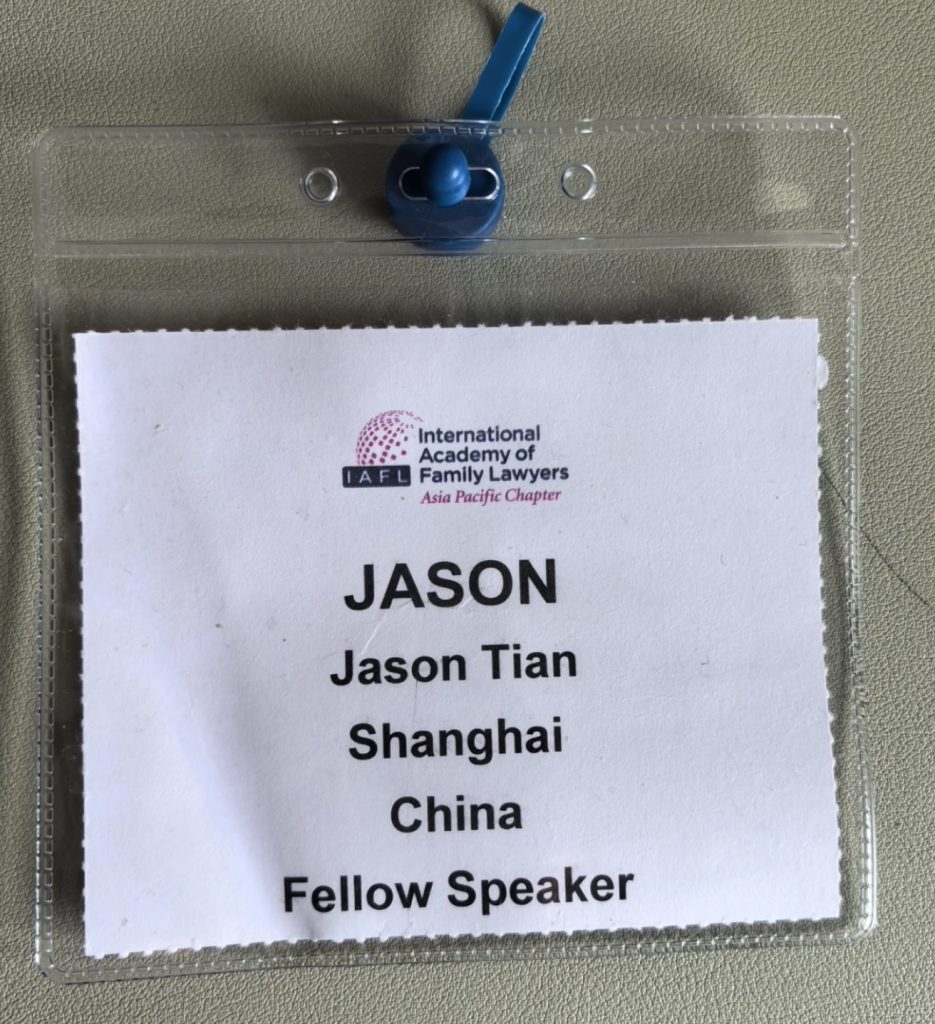Probably to many of our peers in other jurisdictions, asset disclosure by each spouse in the course of court divorce proceeding is the norm of what should be done for discovering and ascertaining the matrimonial assets available for division between the divorcing parties.
But only till the beginning of this year of 2023 has China enabled this normal practice possible and formal in China judicial practice in divorce cases.
I. Amendment to the Law of PRC on Protection of Women Rights and Interests
Interestingly enough, this new significant change in divorce proceedings doesn’t come with China Civil Code or its amendments or judicial interpretations handed down by China Supreme Court. Instead, it came out as result of one of the amendments made to China Law on Protection of Women Rights and Interests. Article 67 of the revised law provides:
Where, in the course of divorce proceedings, either wife or husband applies to courts to search and find out the assets registered in the name of the other spouse but is unable to gather the desired information due to objective reasons, the courts shall conduct the searching and evidence discovery, and relevant departments and institutions shall cooperate accordingly.
In the course of divorce proceedings, both spouses shall be obligated to report all their community properties to courts. Where one spouse conceals, transfers, sells, mutilates, or squanders community properties, or fabricates community debts in an attempt to embezzle assets of the other spouse, then upon dividing community properties for divorce purpose, the first-mentioned spouse may be given lesser or nil assets.
Article 67 of China Law on Protection of Women Rights and Interests
The first sentence of the second paragraph has laid down the legal basis for China family courts to order self-disclosure by each spouse of their community properties. It should be noted that the provision doesn’t limit the disclosure to those community assets titled in their names or in their possession. Also, this rule requires disclosure of “community properties” which are often assets acquired by each spouse after marriage, excluding personal properties that have existed as at the time of their marriage or gifts and inheritance intended for one spouse only.
In most cases under Chinese laws, unless a pre-nuptial or post-nuptial agreement stipulates otherwise, income, assets or properties acquired after marriage are all considered community properties, and the cumulated community properties at the time of divorce are subject to division by China family courts.
II. Positive Progress in Contrast to Past Practice
In the past before the new law, in a divorce case with a China family court, both parties shall use their own efforts to find out the assets or properties the other party may have or possess, in order to claim his or her due share in their community properties pool. But in practice, this is not easy if one party has intentionally concealed community properties. Over the past decade, it has been getting more difficult to find out property titles or bank account statements or corporate equity interests, esp on the backdrop of personal data protection and privacy laws mounting in significance in our daily lives.
Sometimes, one has to turn to private investigators for help to dig up information like bank account statements, and it has also getting more expensive than before.
In judicial practice, with some clues available, one party can apply to China family court for a searching order to access the desirable information. This is something we often do to help clients to the extent possible. China courts in most cases refuse to help conduct global search for assets and properties registered in one’s name, despite that they do have such powers, in particular, in the stage of enforcing court judgments.
III. Outlook
With the new law introduced, we can reasonably expect that during divorce proceeding with China family courts, the burden or difficulty in discovering evidences of existing community properties could be eased. But there is no reason for overly optimism.
In today’s flat world, moving money out of China to foreign jurisdictions is not easy in China, but not impossible. Smart people know that once money is transferred beyond China border, it is much safer for the hiders and much less possible for the other party to find out and access the same.








Comments